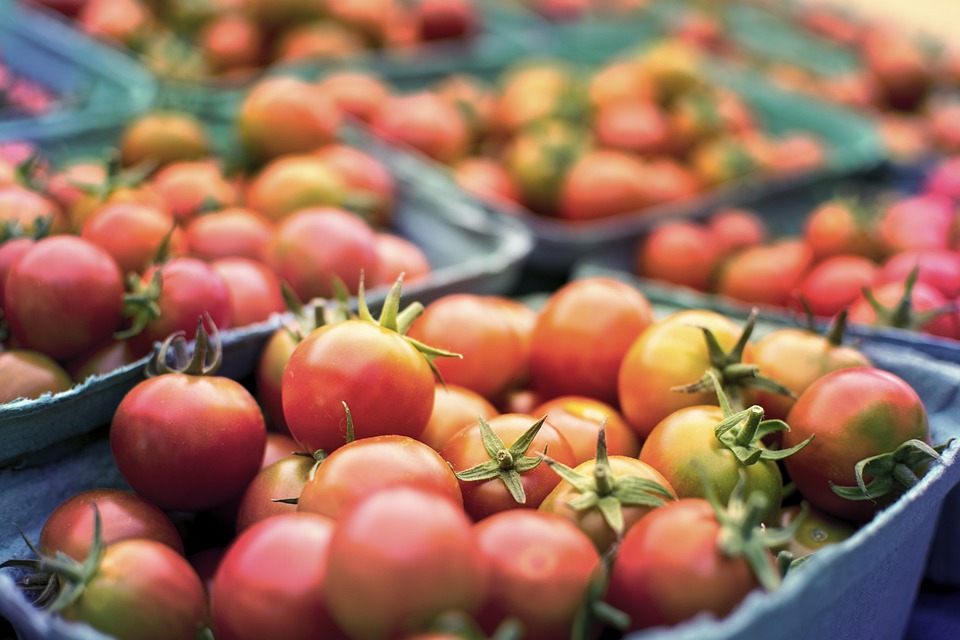The Future of Farming: Embracing Sustainability for a Greener Planet
I still remember the first time I planted a seed and watched it grow into a flourishing plant. It was like witnessing a tiny miracle unfold before my eyes. From that moment on, I fell in love with sustainable farming and gardening, and it has become an integral part of my life ever since. As we move towards a future that demands environmentally conscious solutions, sustainable farming is emerging as a beacon of hope for a greener and healthier planet. In this article, we will explore the exciting future of farming, where sustainability takes center stage, and together, we can pave the way for a more sustainable and prosperous world.
Sustainable farming and gardening are not just buzzwords; they are a way of life. The traditional agricultural practices that have prevailed for centuries are taking a toll on our planet. Excessive use of chemicals, deforestation, and monoculture farming have led to soil degradation, water pollution, and biodiversity loss. It was this realization that prompted me to embark on a journey towards sustainable farming. I wanted to make a positive impact on the environment, as well as ensure a healthier future for generations to come.
The good news is that we are witnessing a global paradigm shift towards sustainability in agriculture. More and more farmers are embracing innovative methods that prioritize the well-being of the planet. One such approach is regenerative agriculture, which focuses on building soil health, restoring ecosystems, and capturing carbon. By adopting regenerative practices, farmers can enhance soil fertility, reduce erosion, and sequester atmospheric carbon dioxide. This not only benefits the environment but also enhances the nutritional value of crops, leading to healthier food options for us.
Another exciting development is the increasing popularity of urban farming. As cities grow and expand, it becomes imperative to explore innovative solutions for food production in limited urban spaces. Urban farming, in the form of rooftop gardens, vertical gardens, and hydroponics, is revolutionizing the way we think about agriculture. By utilizing unused spaces, rooftops, and even walls, urban farmers are cultivating fresh produce right in the heart of the concrete jungle. This not only reduces food miles but also reconnects urban dwellers with nature and provides a sense of community.
Technology also plays a crucial role in shaping the future of farming. With advancements in precision farming techniques and the Internet of Things (IoT), farmers can now monitor and manage their crops more efficiently. Sensors embedded in the soil can provide real-time data on moisture levels, nutrient content, and plant health, enabling farmers to optimize irrigation, reduce water wastage, and avoid the unnecessary use of fertilizers or pesticides. This not only improves productivity but also helps protect our precious water resources.
In addition to technological advancements, permaculture – a design system that mimics natural ecosystems – is increasingly gaining traction. Permaculture integrates elements like diverse crops, livestock, and natural resources to create sustainable and self-sufficient farming systems. By working with nature rather than against it, permaculture fosters biodiversity, minimizes waste, and enhances ecosystem resilience. It’s a win-win situation for farmers and the environment alike.
In the quest for sustainability, it is essential to address the challenge of food waste. According to the United Nations, approximately one-third of all food produced globally is wasted. This staggering statistic emphasizes the urgency to address this issue. Community initiatives such as food sharing programs, gleaning, and composting are powerful tools in reducing food waste. Furthermore, innovations in food preservation techniques and the use of food surplus in value-added products are helping to tackle this problem head-on.
Pro Tips:
1. Embrace the concept of circular farming by composting organic waste on your farm. This will not only help reduce waste but also provide nutrient-rich compost for your crops.
2. Explore the wonders of companion planting, where certain plants strategically support and protect each other. For example, planting marigolds alongside your tomatoes helps deter pests naturally.
3. Consider setting up a rainwater harvesting system to collect and store water during the rainy season. This water can then be used during dry periods, reducing your reliance on municipal water sources.
4. Join or start a community garden to foster a sense of camaraderie and collective responsibility towards sustainable farming. Working together, you can share knowledge, resources, and create a vibrant space for sustainable food production.
As we look to the future, it’s crucial to remember that sustainable farming is not just about agriculture; it’s about fostering a harmonious relationship with nature, protecting our biodiversity, and leaving a better world for future generations. By embracing sustainability in farming and gardening practices, we can cultivate a greener planet that thrives on the principles of regeneration, innovation, and community. So let’s join hands, sow seeds of change, and watch them grow into a sustainable future for all. Together, we can make a difference.



